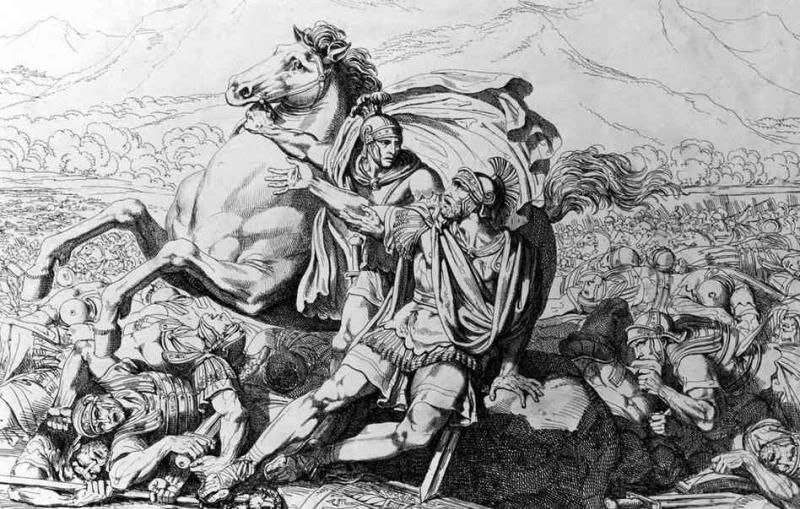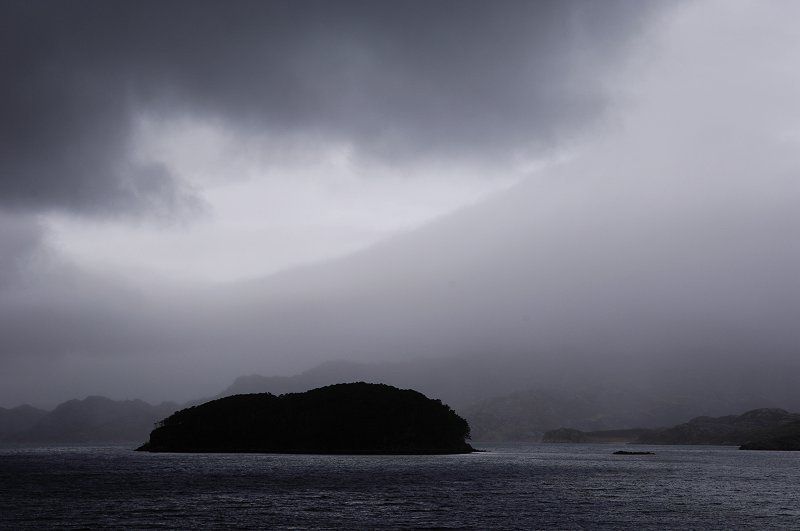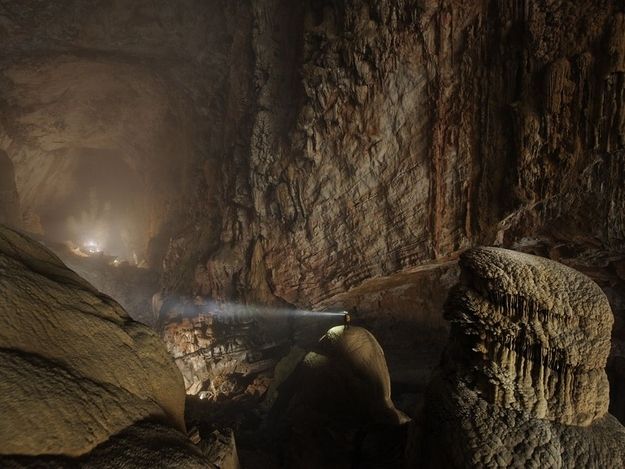
This week at Terribleminds, we were asked to use a random song title.
Cornelius remembered the morning’s breakfast all too clearly.
“Bah!” One of the consuls, Gaius Terentius Varro, shot to his feet and stabbed a finger at the other. “You’re as spineless as your beloved Fabius! Give me one good reason why we don’t destroy the enemy of Rome here and now!”
The other consul, Lucius Aemilius Paullus, shook his head, holding his bread firmly in both hands as if to keep them from going for a weapon. “I’m telling you, Varro, every other Roman leader that has smashed into this enemy has brought ruin upon himself and his men. Look to the examples set by those who’ve come before, and think before you act.”
“What would you have me do, Paullus, you old degenerate? Wait for Hannibal to escape from us? Look! Out there are only 40,000 of his men! We have twice that many!”
“Yes. Across an open, flat plain, where his cavalry and beasts have the advantage. We should dispatch at least one legion to the hills nearby, and neutralize the high ground. If you want to capture Hannibal, we should attempt to contain him first.”
“Capture him?” Varro crossed his arms. “You forget, Paullus. I swore an oath to Rome that I would crush Hannibal, not capture him. I would be a poor consul indeed if I took such an oath, and did not back it up with decisive action.” He picked up his cup and raised it to the tribunes assembled in his tent. “To oaths fulfilled! To victory! To Rome!”
Cornelius had toasted with the others, not wishing to antagonize Varro any further, but even then, misgivings emerged in his mind regarding Varro’s plan. However, it was Varro’s day to command, and thus the army was deployed to face the Carthaginian forces. Cornelius noted that the enemy was arrayed with their lighter infantry in the center, advancing ahead of the rest of the army, and as he squinted through the dust, he could have sworn Hannibal himself was at the forefront of that detachment.
“Hah!” Varro pointed, tall and proud in his saddle as he rode with his cavalry on the army’s left flank. “See, the man himself comes to face his doom. Advance!”
The Roman legions packed in closer and closer, as Varro had planned. His goal was to use his powerful, superior numbers to smash straight through the lines of Carthage and fulfill his oath. Cornelius, for his part, drew his sword to do his part in supporting the advance. The battle at Cannae was joined. Varro, Cornelius, and the rest of the Roman cavalry on the left flank engaged the light but nimble Numidians, a cavalry contingent that had long been the bane of supply lines and water-bearers of the Romans.
As the battle began to take shape, spears clashing and thrusting in the dusty morning, Cornelius saw that Hannibal and his center were falling back. They were not fully engaged. Varro called for more pressure on the center, pressing the Roman legions even more tightly to one another and goading their advance. As they smashed into the Carthaginian spears and slings, a cry went up from the rear of the cavalry formation. Out of the dust came heavy Carthaginian cavalry, and Cornelius recognized Hannibal’s brother, Hasdrubal, leading the charge.
It took Cornelius a moment to realize what had happened. While they had been on the left flank of their formation, Paullus and his cavalry had been on the right. Something must have happened to Paullus, Cornelius thought as he wheeled his horse. Suddenly, as the Romans kept advancing into the Carthaginian lines collapsing around them, encircling them, Varro’s cavalry was itself caught between two other forces. As Hasdrubal closed in on one side, and the Numidians on the other, Cornelius looked past them towards the infantry, and what he saw seized his heart.
It had been hours of fighting, and now the trap Hannibal had laid was closing hard on the Romans. Once the cavalry was done with Varro and his horse, they’d wheel into the Roman rear, leaving the legions nowhere to go, so tightly packed now that they could barely swing their swords. Cornelius turned back to Varro, perhaps to suggest they fall back into the Carthaginian heavy infantry and perhaps relieve some of the pressure, but Varro was already galloping from the field, glancing over his shoulder, his face white as the marble of the Roman senate.
Cornelius fought his way through to make his own escape. A Numidian spear found his shoulder, but he struck back at the man wielding it and wrenched himself free, kicking his horse to break from battle. He rode towards the river, intending to follow it to safety, but stopped short at the sight of several men near their slaughtered horses, ready to accept the oncoming Carthaginians. In the center was Paullus, bleeding from a wound in his head.
“Consul,” Cornelius said, “can you ride?”
Paullus shook his head. “I ordered the dismount. I will not abandon our men to suffer and die alone.”
Hasdrubal and his horse were wheeling around as Cornelius had feared. He offered his reins to Paullus. “Please, Paullus. Flee while you can.”
The older man placed his hand on the tribune’s wrist. “Cornelius. Do not waste in useless pity the few moments left in which to escape from the hands of the enemy. Go, announce publicly to the Senate that they must fortify Rome and make its defense strong before the victorious enemy approaches. And… tell Fabius privately that I have ever remembered his precepts in life and in death. Suffer me to breathe my last among my slaughtered soldiers.”
Cornelius clenched his jaw, fighting back tears. The cry went up from the heavy horses of Carthage as they came upon their prey. Cursing, Cornelius kicked his horse hard, leaving the scene behind him with all speed. Cannae was a disaster. Varro had failed in fulfilling his oath.
He had no idea how any of them could save Rome now.
The song “Back It Up” is by Caro Emerald, and has nothing to do with Rome. The Battle of Cannae took place in 216 BCE. Learn more about the Punic Wars here.






